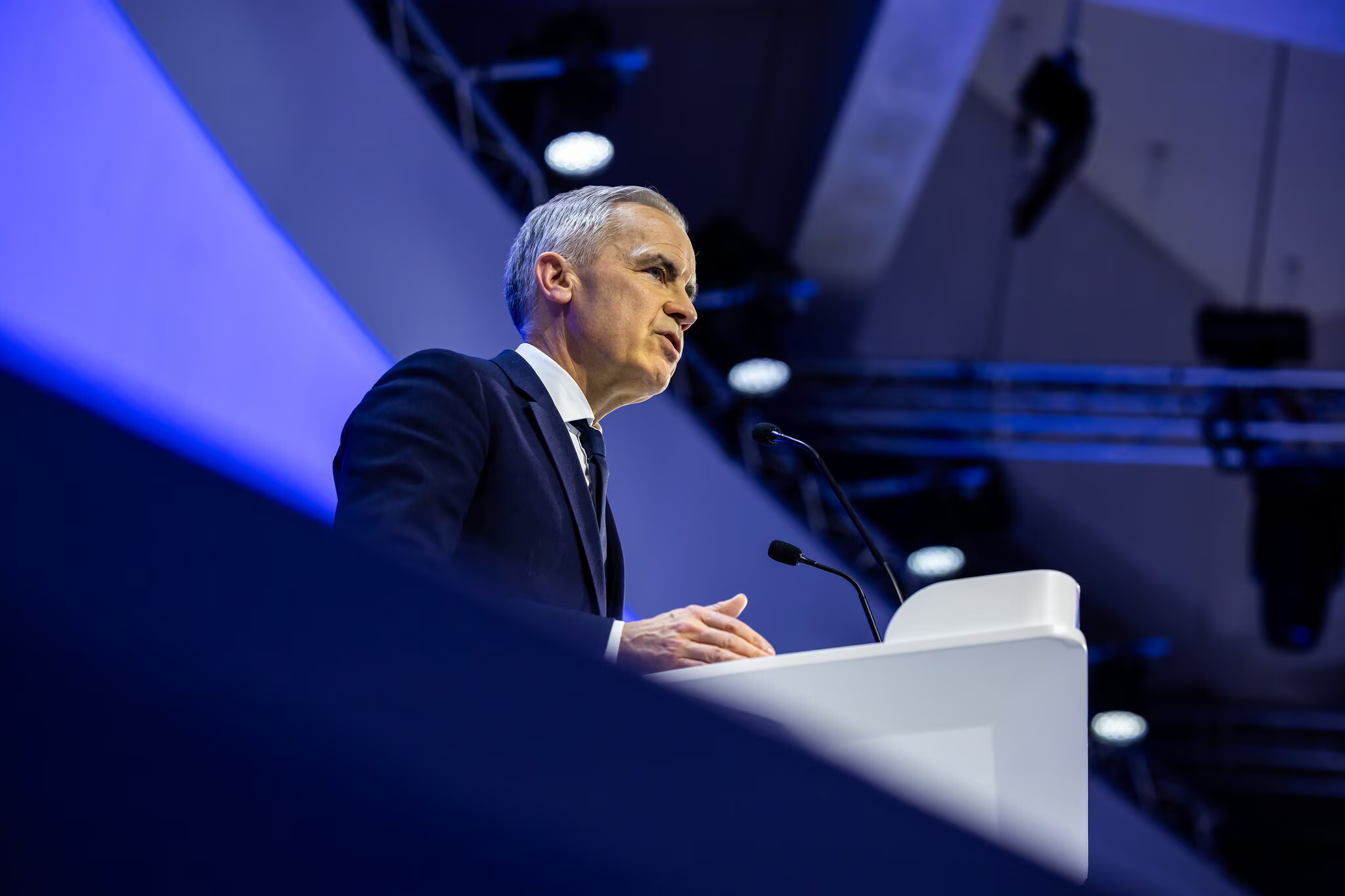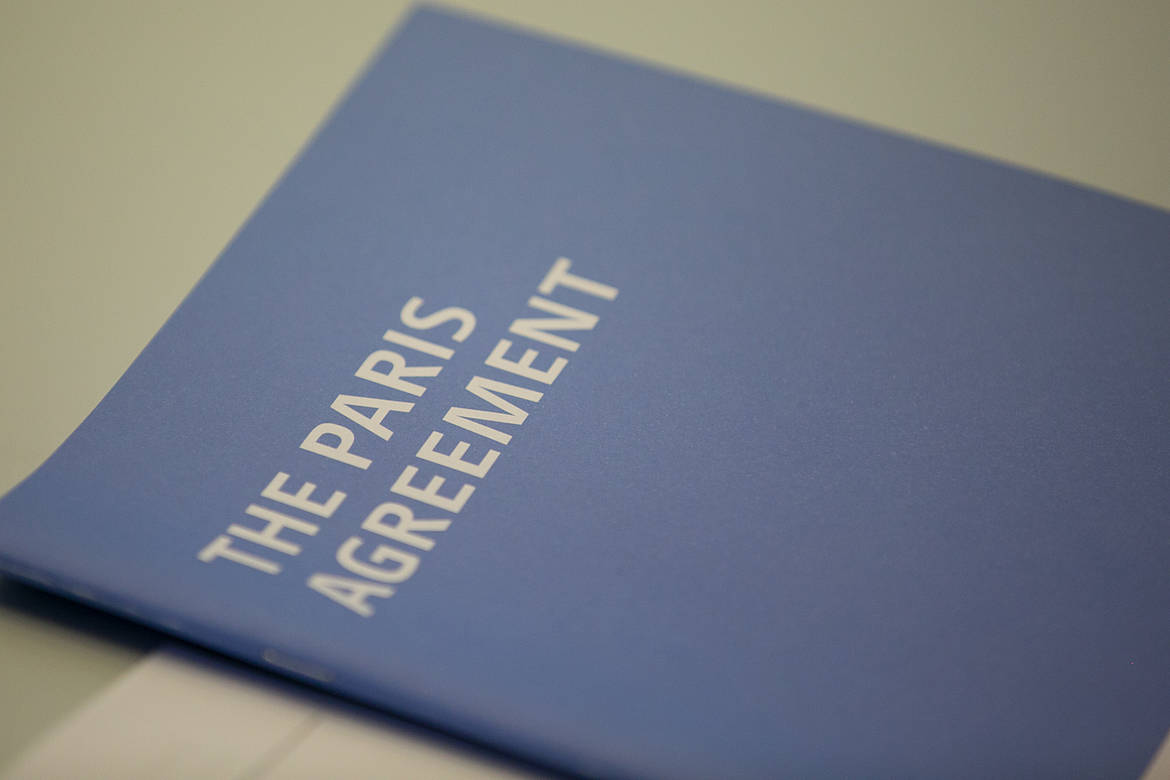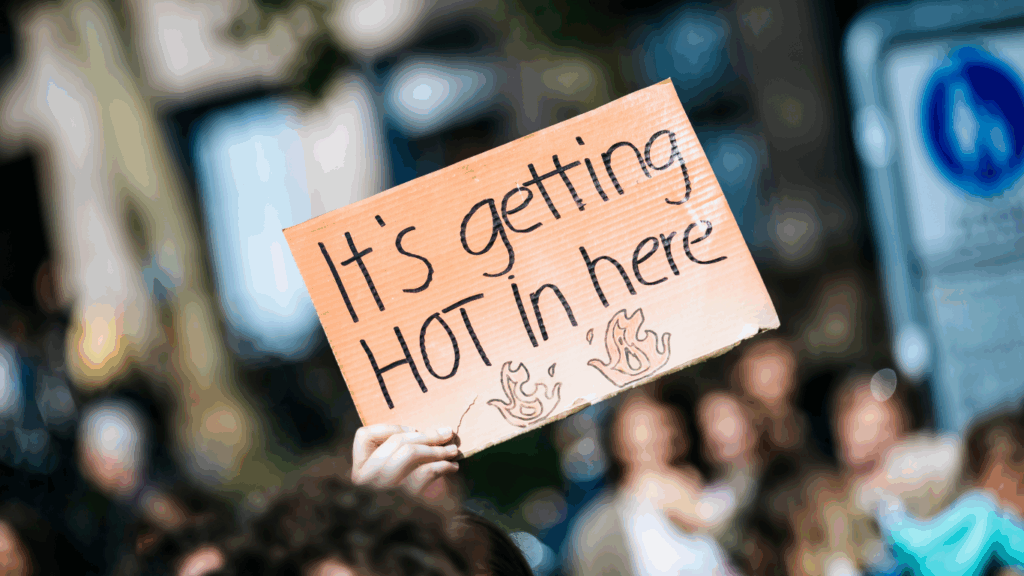COP29, the United Nations Climate Change Conference, concluded in Baku, Azerbaijan, on Sunday at 5:30 a.m., after a 35-hour delay.
The conference’s most critical task was for countries to agree on a new financial aid target for developing nations to combat climate change.
After much last-minute drama, as is customary at these conferences, the COP29 president Mukhtar Babayev (Azerbaijan’s minister for ecology and natural resources and formerly a state oil company SOCAR executive) banged the gavel to approve the agreement for $300 billion in annual climate financing by 2035.
Mr. Babayev did not even lift his eyes to identify possible objections in the room, probably to avoid eye contact with nations seeking to intervene, which added more tension to the moment and grievance to those who opposed it.
A (Bad) Joke
While $300 billion may seem substantial—three times the previous $100 billion target—it falls short when viewed in context. The $100 billion goal, set in 2009 to be achieved annually by 2020, was only reached in 2022, and even then, the details remain murky regarding how much was genuine aid versus loans or reallocated development funding. Adjusted for inflation, the new target is even less ambitious than the 2009 commitment. Furthermore, the amount remains vague relative to how much will be grants versus loans.
Developing countries have labeled the sum a “joke,” far short of their demand for $1.3 trillion to reduce emissions and adapt to disproportionate climate impacts.
In summary, COP29’s outcome is perceived as “terrible,” “bad,” or “the best possible under the circumstances,” depending on whom you ask. For the poorest countries and vulnerable communities, it was disastrous. For wealthier nations footing the bill, it was tolerable. For others, it was merely disappointing.
Observers hesitate to call COP29 a failure because, at least, an agreement was reached. Key developments, such as rules for carbon markets and an adaptation support program for least-developed countries, are notable achievements. However, for those following from the start, the results have been disheartening, albeit unsurprising. COP29 highlights the fragility of the UN-led multilateral process, which remains vital for tackling climate change.
The Water Pitcher at Risk of Breaking
A Spanish saying warns, “So often goes the pitcher to the well that in the end, it breaks.” Similarly, the multilateral climate process risks collapse if it continues delivering only minimal agreements. Trust among negotiating countries, in the conference presidency, and in the United Nations itself could erode.
Despite the UN Secretariat’s tireless efforts to facilitate dialogue, COP29 revealed the limits of consensus-driven diplomacy, especially under a presidency marked by divisive rhetoric and a lack of inclusivity. The Azerbaijani president’s opening speech—hostile, and pro-fossil fuel—set a confrontational tone. Adding to this, civil society was muzzled under the authoritarian regime, while over 1,700 fossil fuel lobbyists actively participated.
Unlike football matches, where analysis is harmless post-game chatter, climate conference outcomes have life-or-death stakes, impacting both human and ecological survival.
Reform to Enable Change
Among the 55,000 participants at COP29, power and responsibility to influence varied greatly, but all shared a duty to improve the process. Government negotiators, NGOs, academics, private sector representatives, and media must rethink strategies, abandoning outdated approaches ill-suited to today’s challenges.
“What a chance to make a change,” remarked Estonia’s Climate Minister Yoko Olander days earlier, referring to the need and opportunity to decarbonize the building sector, which accounts for 21% of greenhouse gas emissions.
We, too, have the opportunity to make a difference—not just at each COP, but in our daily work. However, this requires reflection and a willingness to abandon outdated solutions for a world with vastly different needs than decades ago.
Mid-conference, prominent climate leaders stirred debate by calling for reform of the COP process. This reform is essential to make the COPs and the entire multilateral framework more effective, transparent, equitable, and inclusive—capable of providing a stronger response to the grave global challenge of climate change.





